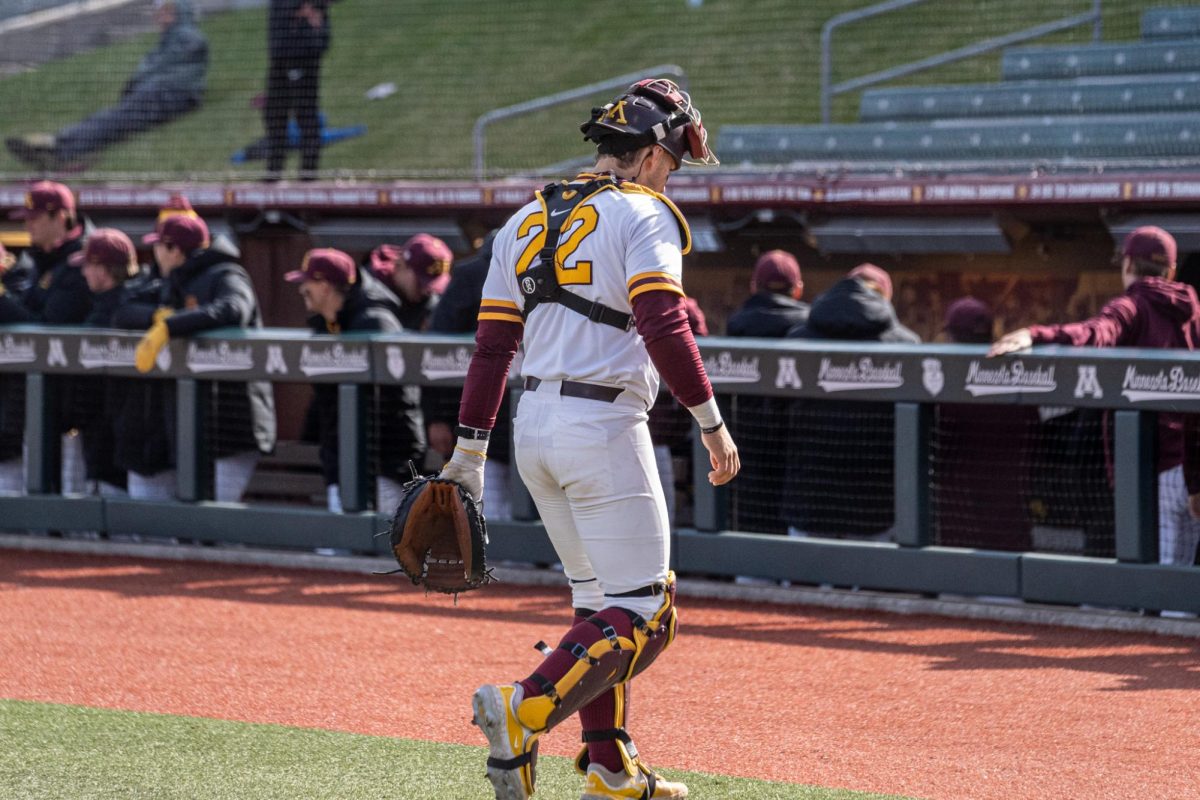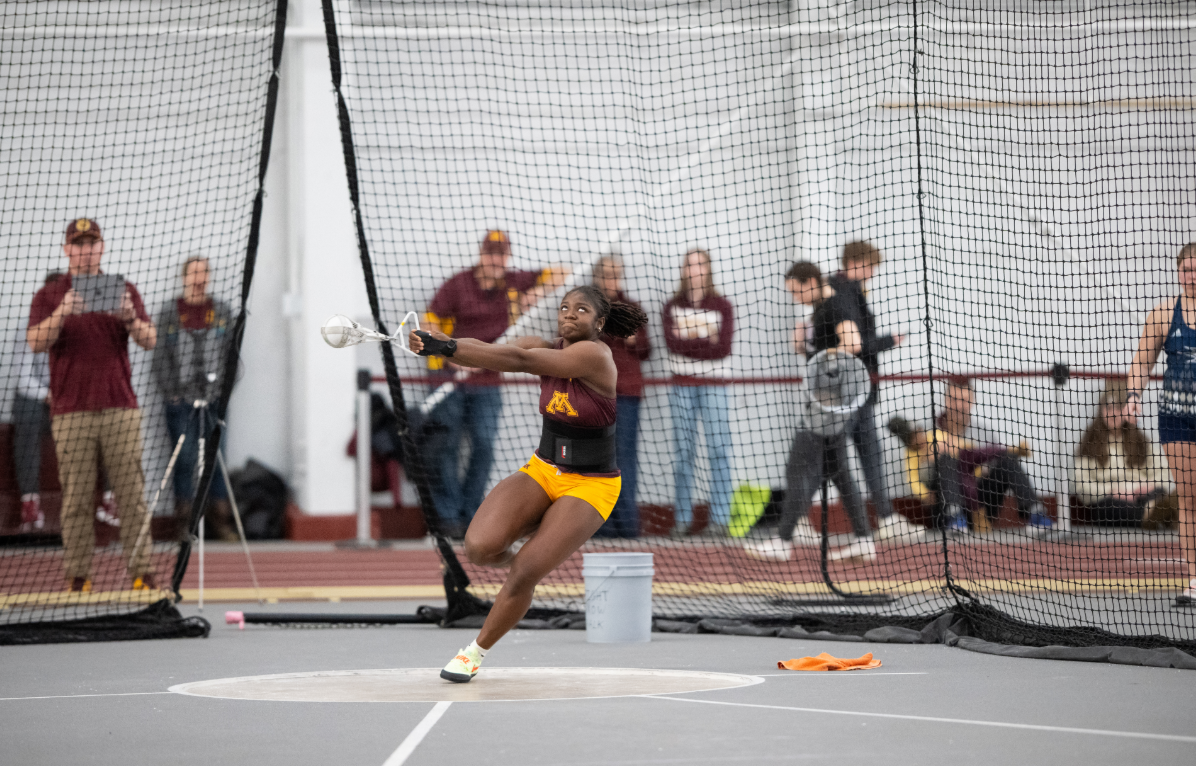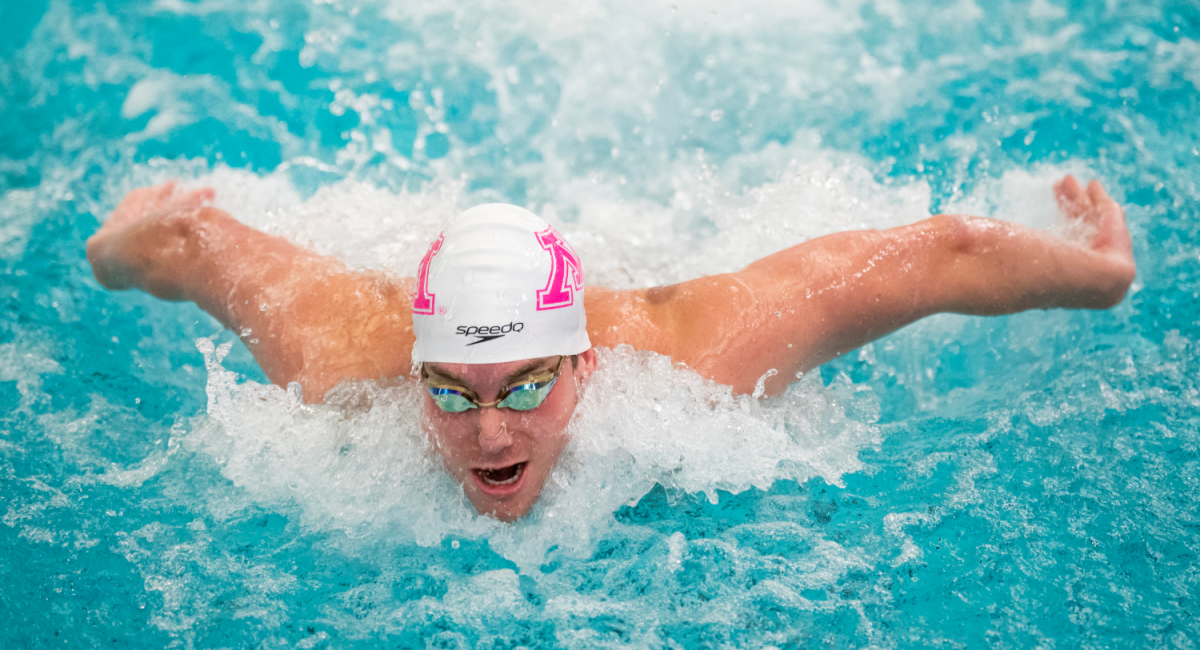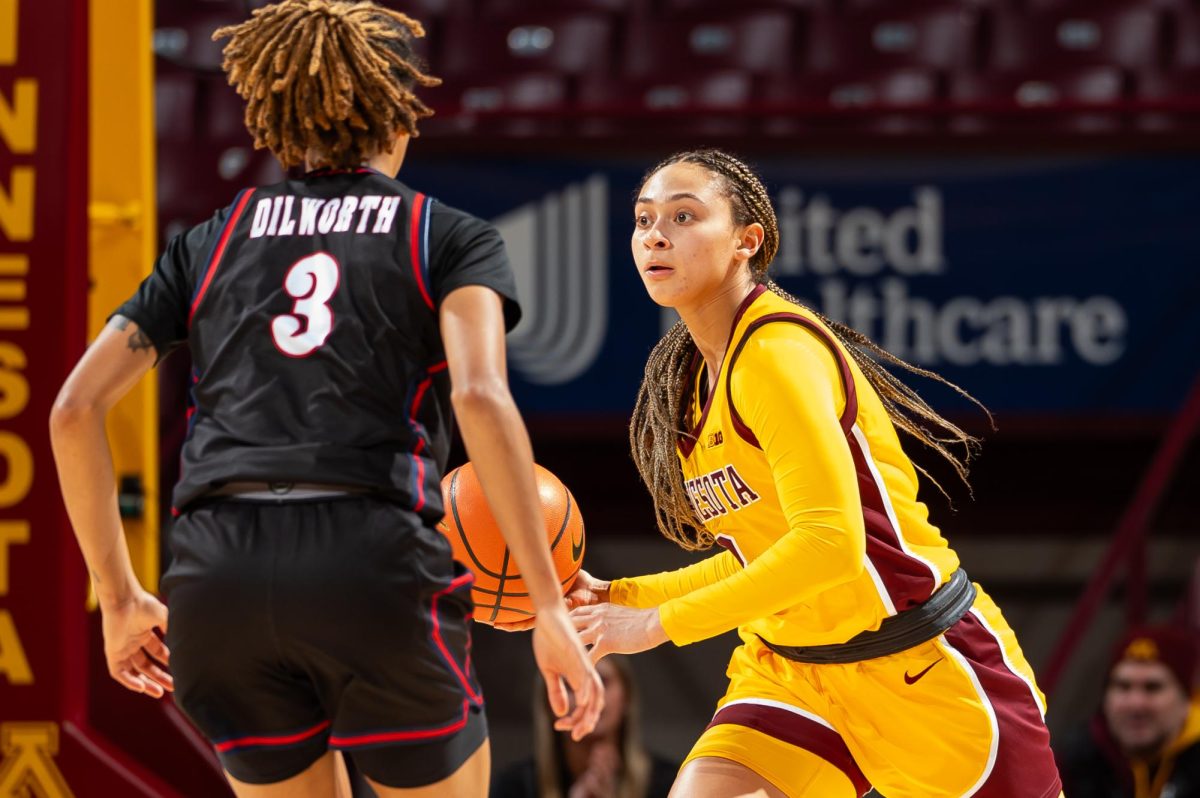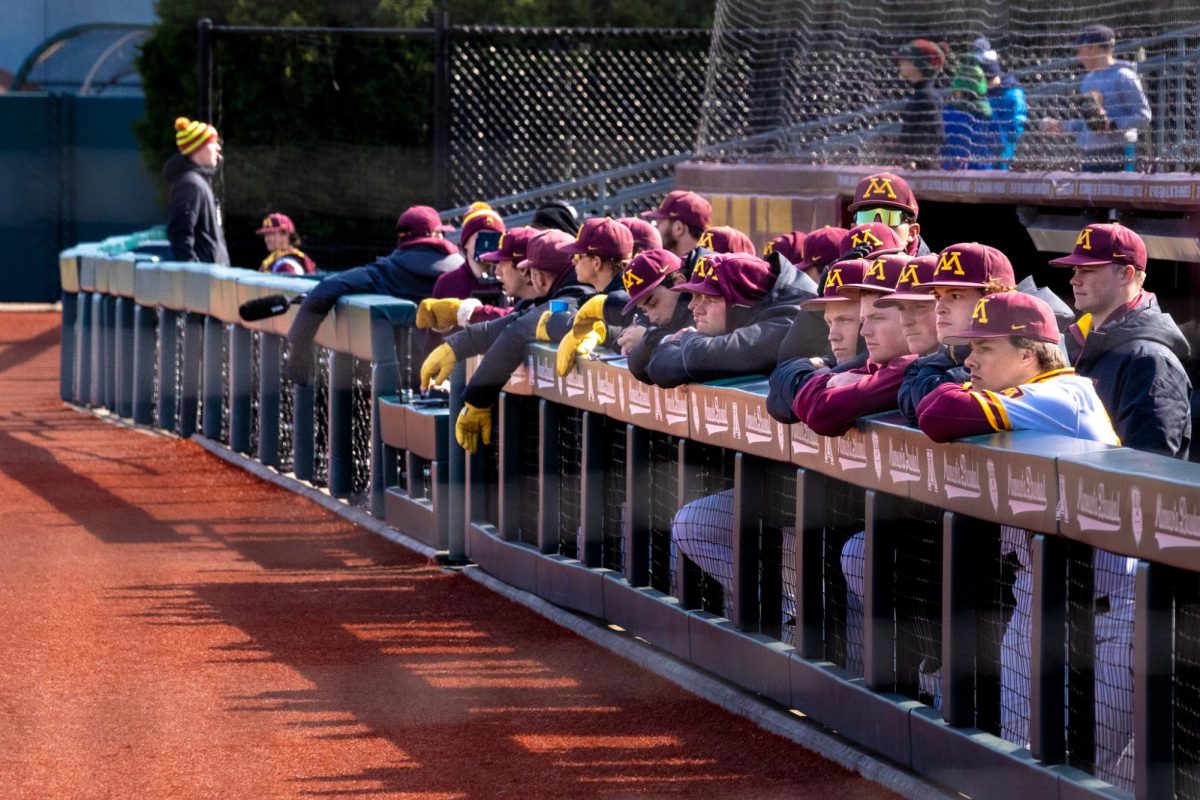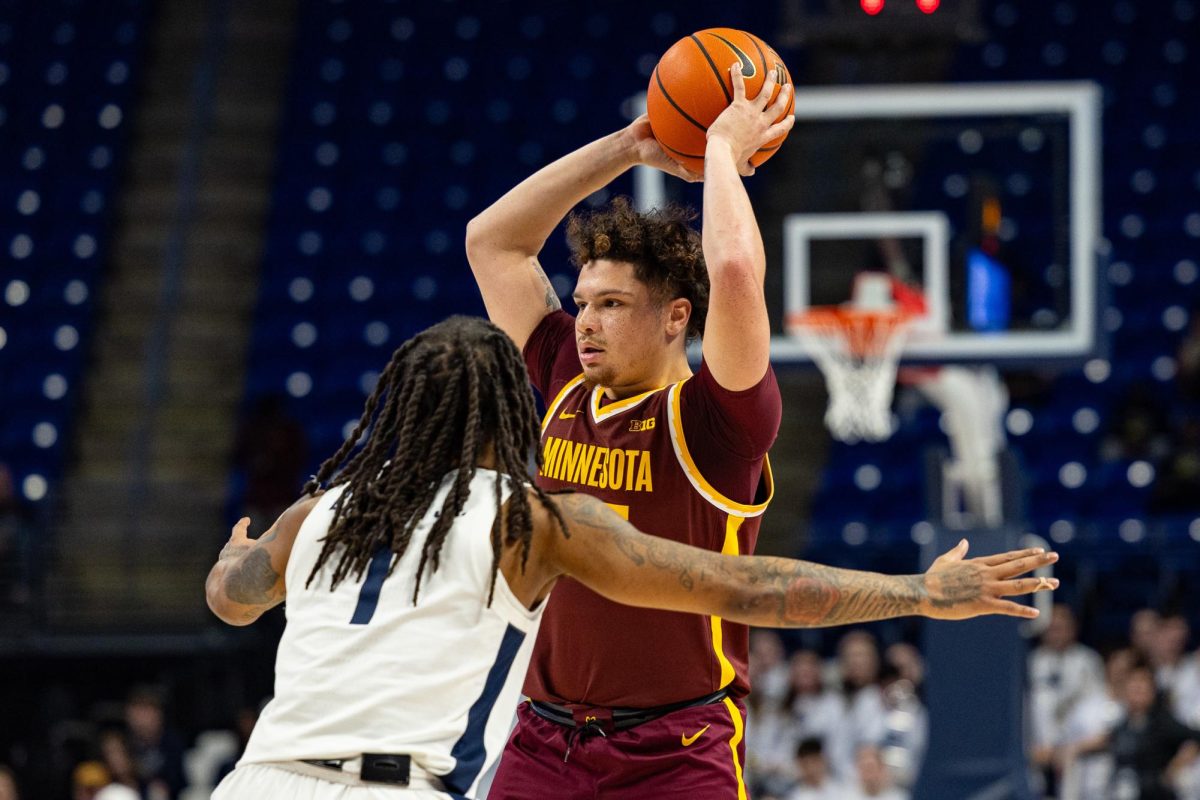Sara Groenewegen’s game-day routine is a little different than her teammates’.
She stands in the same huddle and puts on the same uniform, but tucked inside is something unique — her insulin pump.
“Some people have bad ankles, and they have to tape it every day, or some people have shoulder rehab they need to do,” Groenewegen said. “I just see it as something like that, something I need to take care of. It’s not going to stop me from doing what I want or being able to achieve things ‘normal’ people can do.”
Groenewegen, who was diagnosed with Type 1 diabetes when she was 9 years old, wears her pump most of the time, even on the field. She also has to routinely check her blood sugar during games.
Groenewegen’s older sister Marina also has the disease and was a college softball player, so it became somewhat of a norm for the family.
Sara Groenewegen said it took some time for her body to adjust to the heavy schedule of college softball. Now that she’s in her junior season, she has things more figured out.
Groenewegen has been named the Big Ten Player of the Year, Pitcher of the Year and Freshman of the Year in college so far. She also earned a spot on the National Fastpitch Coaches’ Association All-American Second Team last season.
She has a 1.76 ERA this season to go along with a 21-5 record in the circle. She’s also thrown one perfect game and has 237 strikeouts, the third-best rank in the nation.
At the plate, Groenewegen is batting .313 and is second on the team in slugging percentage at .606. She also has the second-most home runs on the team with eight.
“The best way to put it is that it’s just not a thing,” head coach Jessica Allister said of Groenewegen being diabetic. “She’s out here being a Division I athlete and doing everything that that demands, and she’s managing her health. She doesn’t make it an excuse or an issue. She just goes out there and competes like anyone else.”
Senior catcher Taylor LeMay has been Groenewegen’s battery partner for almost three seasons.
“I remember at Florida Atlantic this year she said, ‘Yeah, I need a few minutes,’ and she’ll be snacking on something. Then she comes back and throws awesome and had a perfect game the next day,” LeMay said. “It’s so cool; you don’t see any setbacks from her. She’ll figure it out, get back in the game, and she’s golden.”
Groenewegen also hopes to be a good influence for other young girls who may have challenges like she has in their athletic careers. She said since she’s been more open about her condition, people have reached out to her.
During the Gophers series at Northwestern in early April this year, Groenewegen said a father brought his daughter, who was also diabetic, to a game to watch her play.
“It’s really cool to hear that I can be a role model or someone to look up to,” Groenewegen said. “There’s nothing that I can do about it, so having a bad outlook won’t help me. Accepting it and living through it really helps me.”


